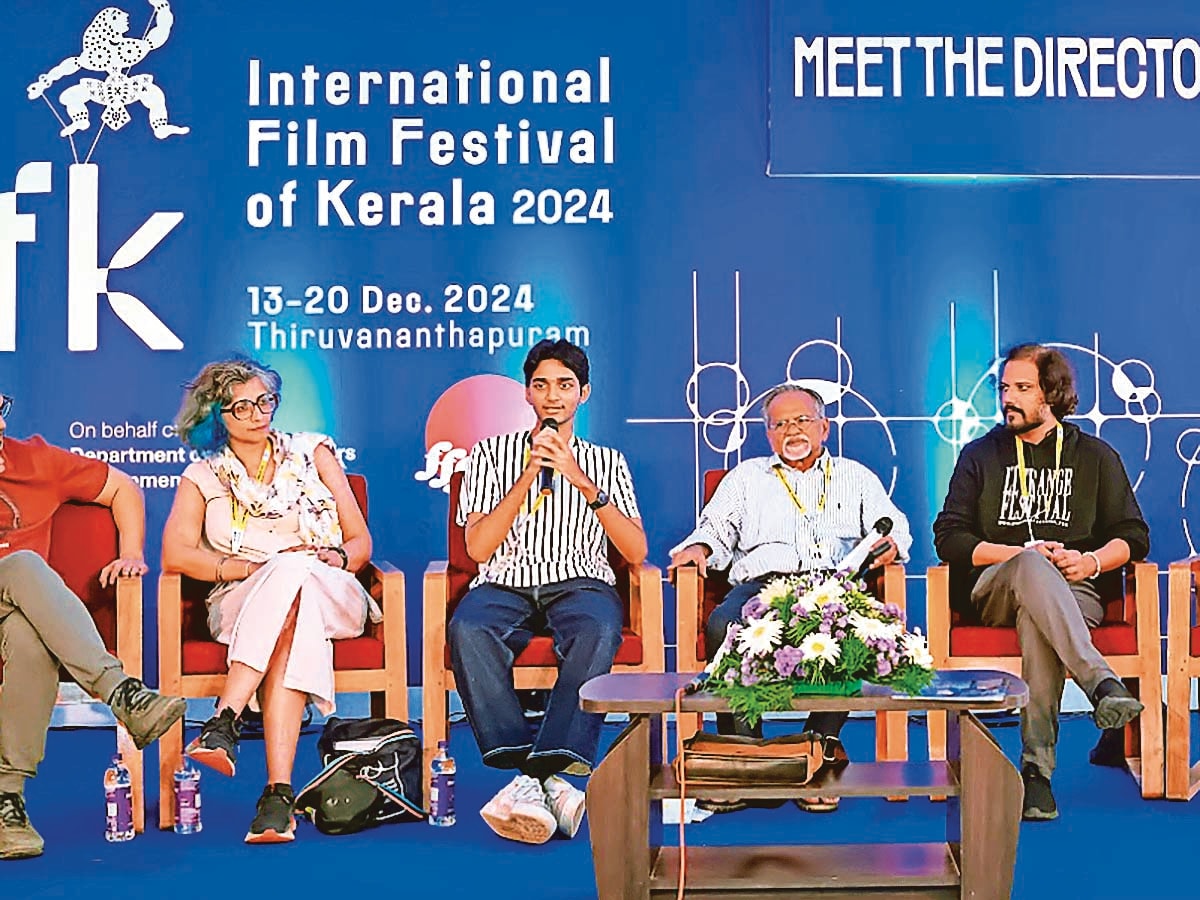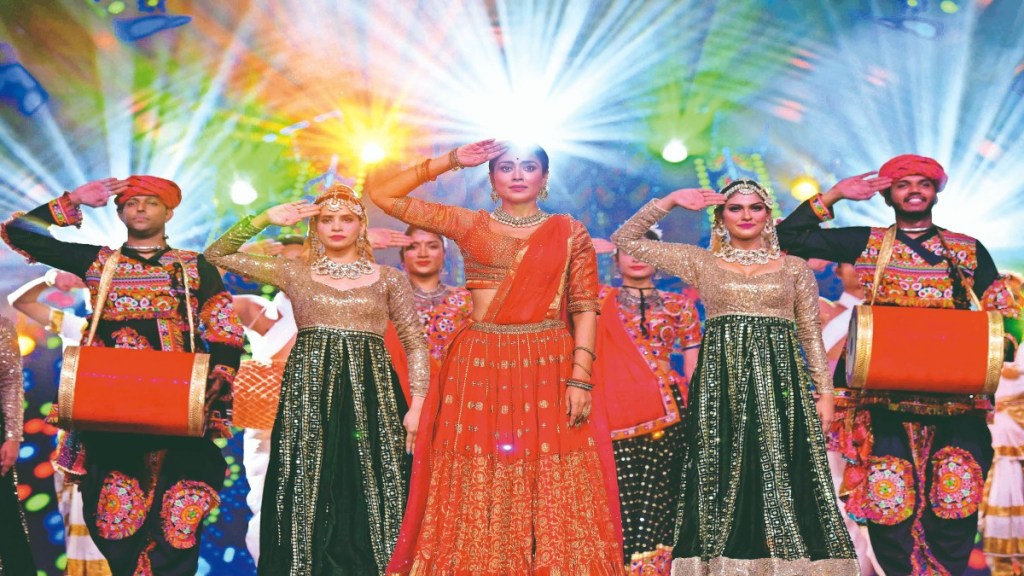In the middle of monsoon fury in Mumbai this year, the city’s much-vaunted international film festival dropped a bombshell. The Mumbai Film Festival—founded by filmmakers Hrishikesh Mukherjee, Shyam Benegal, Amol Palekar and Basu Bhattacharya— announced in July it was cancelling its current edition slated for next month.
It wasn’t the first time the festival in the seat of Bollywood had run into trouble. Last year, it mounted a curtailed festival after losing its main sponsor a year ago.
The Mumbai Film Festival’s worries symbolise a deeper malady afflicting a majority of India’s international film festivals that have been in decline for over a decade. The International Film Festival of India (IFFI), only a year younger than the Berlin film festival and launched by the then prime minister Jawaharlal Nehru in 1952, today gets more controversies than compliments. Having a permanent venue in Goa hasn’t helped its objective of becoming India’s Cannes either.
The International Film Festival of Kerala (IFFK) hasn’t had an artistic director in its last three editions. The Kolkata International Film Festival has veered off the international film festival calendar and will have the unenviable record of two editions this year. Not many Indian festivals have been able to maintain the international calendar.

The Pune International Film Festival was postponed in January this year, only ten days before its scheduled opening. The same fate fell on the Bengaluru International Film Festival too. The national capital is still waiting for a major international film festival of its own after the demise of its famous Cinefan Festival of Asian and Arab Cinema in 2011.
Industry insiders admit the problems run deep, impacting the future of Indian cinema. The list of troubles is endless—controversial selection, lack of support for fresh and innovative productions, unimaginative programming, aimless appointment of festival directors, vacant posts of artistic directors, empty halls, lack of premieres, absence of major international directors, fleeing sponsors…
“During the last decade it is like if the Indian film festivals had almost vanished in the international perception,” says French film critic Jean-Michel Frodon, a former editor-in-chief of iconic French film magazine Cahiers du Cinema. “It is true that, from where I stand, I do not see film festivals in India as important spots inside the dense global network of international film festivals,” adds Paris-based Frodon, a member of the international competition jury at IFFI, Goa in 2009.
Internal crisis: Politics, funding, and the absence of artistic vision
Unlike major international film festivals in Cannes, Venice, Berlin and Toronto, which are autonomous organisations receiving funds from federal and local governments, nearly all major film festivals in the country, including IFFI Goa, IFFK, Kolkata and Bengaluru festivals, are directly under the control of the Central or state governments.
“India’s film festivals are unable to perform because there is no infrastructure and ecosystem for independent cinema to sustain itself and recover its costs,” says Nainital-based filmmaker Diwa Shah, only the second Indian after Kapadia to be selected to the prestigious residency programme of the Cannes Film Festival.
“The government is refusing to understand the soft power of independent cinema and film festivals, even in festivals where it has lent its support,” adds Shah, whose debut film Bahadur The Brave, in Kumaoni and Nepalese languages about the struggles of migrant Nepalese labour in Uttarakhand won the New Directors Award at the 71st San Sebastian International Film Festival in Spain two years ago. “There is interference where there is financial support and where there is true freedom for independent cinema to grow there is no funding. Hence the doom of all such Indian festivals is inevitable.”
Lost soft power: Why Asia’s rivals are filling India’s festival void
The decline of international film festivals in India has coincided with the rise of other major Asian film festivals in Busan, Hong Kong, Shanghai, Beijing, Tokyo and Jeddah, which have been quick to fill the gap in the continent for top film festivals left by those in India. In November, the Doha Tribeca Film Festival in Qatar, which was discontinued in 2012, will return without the Tribeca tag.
“The IFFI was developed as Indian cinema’s window to the world,” explains National Award-winning film critic Saibal Chatterjee, a former member of the now-defunct Film Certification Appellate Tribunal. “The people who founded it had a vision. Programmers and directors of festivals abroad used to come to IFFI to select Indian films. They don’t come to pick films from India anymore because commercial and mainstream films and movies with themes that are politically convenient to those in power have replaced fresh voices selected earlier to IFFI’s centrepiece Indian Panorama programme,” adds Chatterjee, a former member of the IFFI preview committee.
“One of the biggest reasons Indian international film festivals do not perform well is they have a temporary team that works for a few months before a festival, and quite often a fresh new team,” says Deepti DCunha, a former artistic director of Mumbai Film Festival. “International film festivals of repute have programmers working with them year-round and permanent staff who have worked with the organisation for decades perfecting their expertise. You can see the results in the smooth execution of these festivals,” adds DCunha, International Programme Consultant, India and South Asia at the Red Sea Film Festival in Saudi Arabia. “Privately-funded film festivals in India collapse as soon as the sponsors lose interest. Continued and guaranteed funding is at the core of the solution for film festivals to improve. They are in a precarious situation every single year””
According to Malayalam filmmaker Nithin Lukose, an alumnus of the Film and Television Institute of India, Pune, Indian festivals have been missing a professionally-run organisation backed by the industry that has been a significant factor for success until the new millennium. “When I made my first feature film, Paka, I submitted it to the Mumbai festival, but wasn’t selected. It was selected by Mumbai later, only after the Toronto festival chose it for world premiere,” says Lukose, one of the signatories to an open letter a group of new and emerging filmmakers, including Payal Kapadia, Irfana Majumdar and Aditya Vikram Sengupta, wrote to the Mumbai festival following cancellation of its 2022 edition.
Faizal Khan is a freelancer







